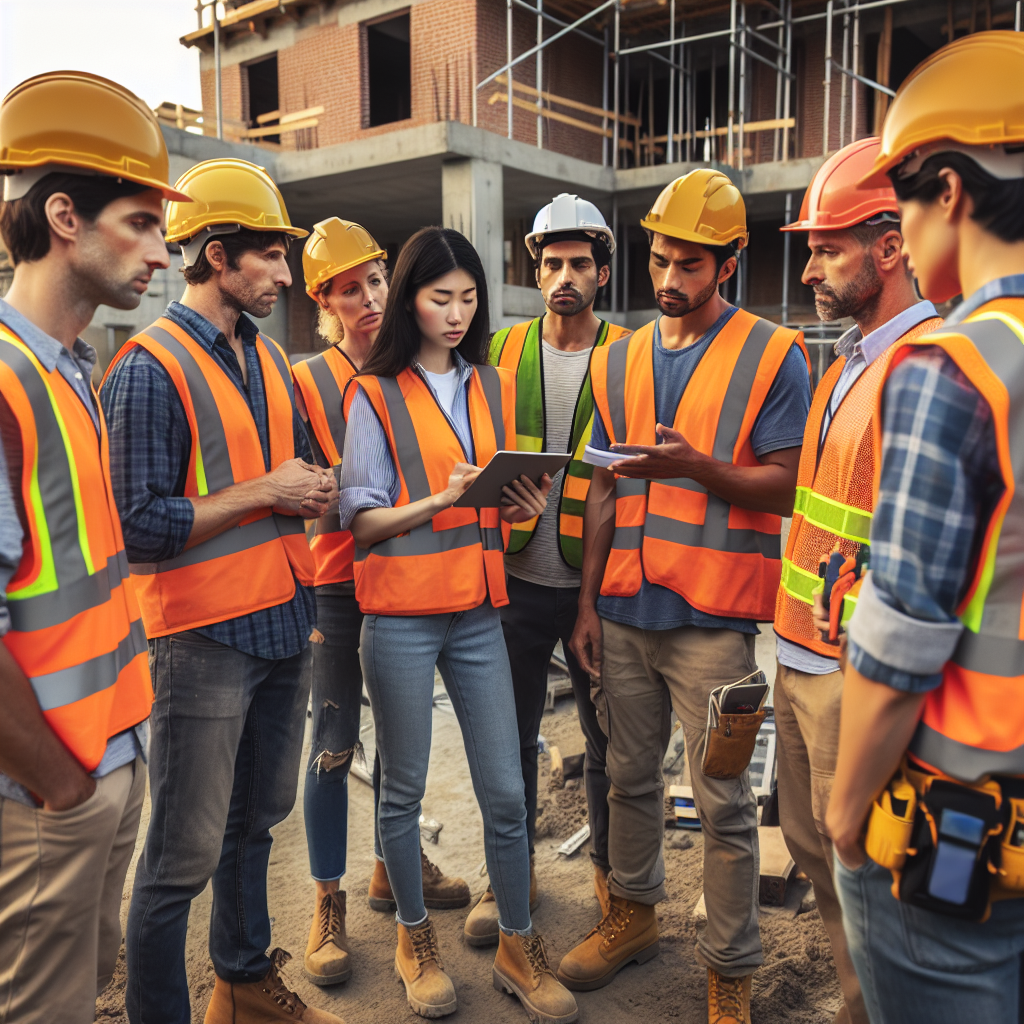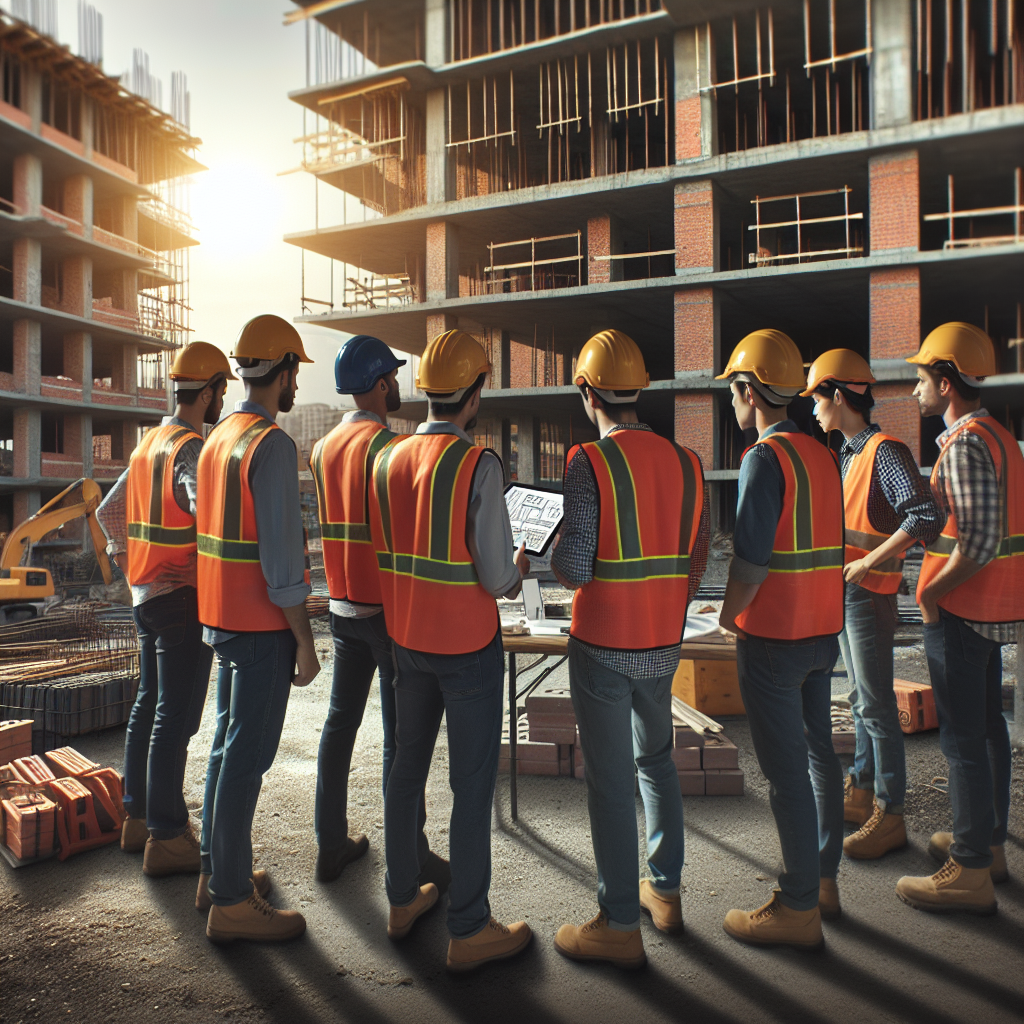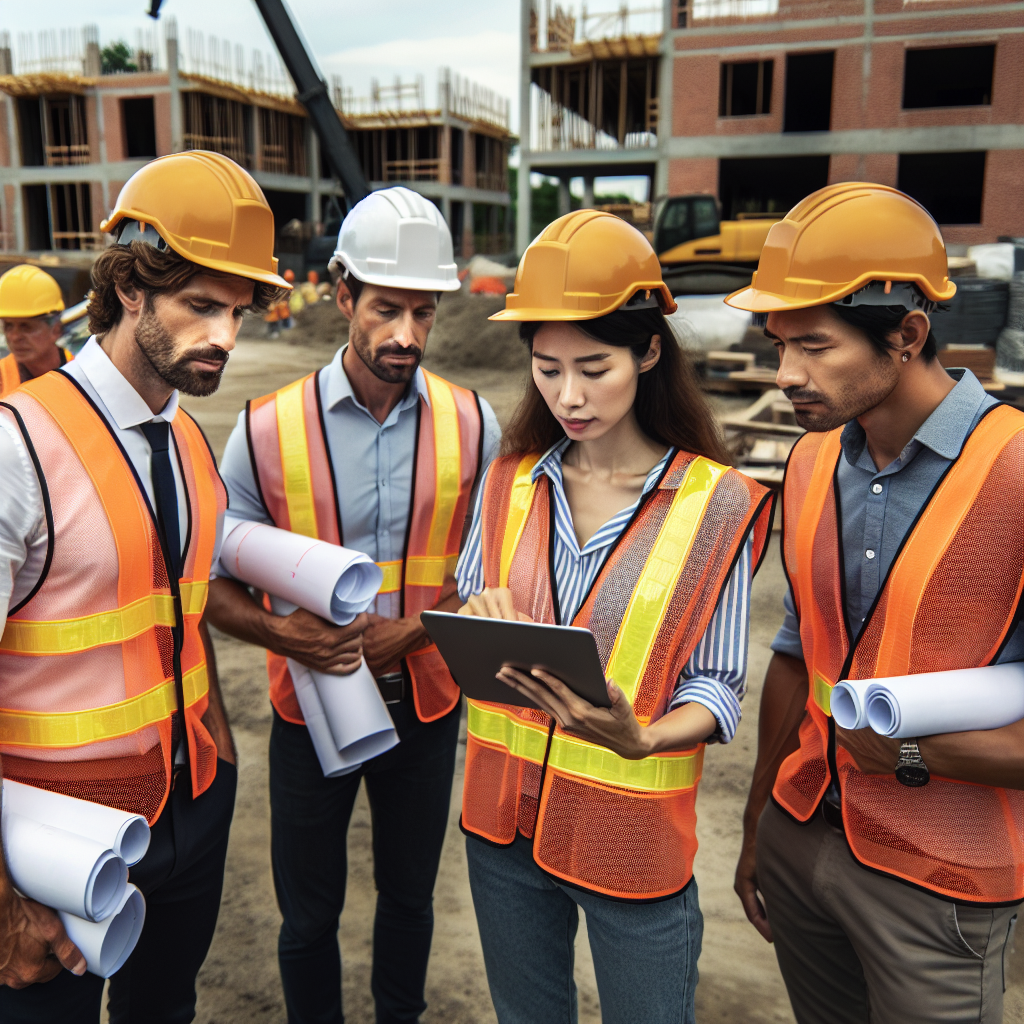AI in Construction: Breaking Down the Hype vs. Reality
Artificial intelligence (AI) is transforming the construction industry, offering exciting potential for innovation, efficiency, and safety. However, the gap between the hype surrounding AI and its actual application in construction projects needs to be examined closely. Understanding the current state of AI in construction, its benefits, challenges, and future prospects is essential for industry stakeholders. This blog post aims to provide a comprehensive breakdown of how AI is reshaping construction management and how solutions like Zepth can facilitate this transformation.
Current State of AI in Construction
Integration and Applications
AI technology is being integrated into various facets of construction, influencing project planning, management, site operations, and safety protocols. Key tools deployed within this integration include machine learning, computer vision, and natural language processing. These AI technologies enable construction teams to streamline processes and enhance decision-making by leveraging smart construction management tools.
Data Analysis and Prediction
One of the most impactful applications of AI in construction is its potent capability for data analysis and predictive insights. AI algorithms can process and analyze vast datasets from past projects—predicting potential delays, identifying risks, and recommending optimizations for efficient scheduling. This capability empowers project managers to make data-driven decisions, ultimately minimizing delays and keeping projects on track.
Automation and Efficiency
The advent of AI-driven technologies such as robots and drones is redefining operational efficiency on construction sites. These smart machines are actively engaged in tasks ranging from bricklaying to site surveying and material transportation, thereby enhancing precision and productivity. According to the Boston Consulting Group, by 2025, approximately 30% of construction tasks might be automated, showcasing the transformative potential of AI in construction automation.
Key Benefits of AI in Construction
Enhanced Efficiency
AI tools possess the ability to process and assess data significantly faster than human capabilities. This allows for real-time decision-making that helps reduce project delays and cut costs effectively. For instance, AI-driven project management software can continually monitor progress against predetermined schedules and budgets, automatically flagging any deviations to keep projects aligned with their goals.
Improved Safety
Safety is paramount in the construction industry, and AI is playing a crucial role in enhancing site safety protocols. Computer vision technologies are deployed to monitor job sites in real-time, swiftly identifying safety hazards such as workers not wearing protective gear or machinery operating outside prescribed limits. By keeping a vigilant eye on compliance and safety measures, AI can significantly reduce accidents and improve safety compliance.
Streamlined Project Management
AI has the capacity to eliminate ambiguities within project management by utilizing historical data to anticipate issues before they disrupt scheduling and resource allocation. This advantage is especially pertinent during labor shortages, supplier delays, and compliance requirements where foreseeing potential complications can save time and money.
Reduced Administrative Burden
AI acts as a bridge that connects field data with office operations, drastically reducing the time spent on administrative tasks. This includes tracking down compliance forms and manually entering data collected from various job sites. Automation in document management and compliance assurance can lead to increased productivity for project teams.
Challenges and Misconceptions
Hype vs. Reality
While excitement surrounds the potential of AI in construction, there remains a noticeable gap between enthusiasm and practical, widespread adoption. Many AI solutions frequently overlook the nuanced needs of construction projects, leading to misalignments between technological capabilities and real-world applications.
Technological and Practical Barriers
Despite advancements, full autonomy in construction equipment is still a distant goal. The ever-changing demands on construction sites require flexibility and adaptability, meaning incremental advancements can yield significant benefits even if full automation remains achievable in the long-term future.
Ethical and Social Considerations
The implementation of AI must be thoughtful, balancing technological innovation with social responsibilities. Key concerns include issues surrounding privacy, job security, output quality, and algorithmic bias that could affect construction workers and communities alike.
Emerging Innovations and Use Cases
Autonomous Machinery
Among the emerging technological trends is the development of autonomous machinery. Testing and implementation of AI-driven machines like excavators and soil compactors are underway, showcasing the potential for continuous operation with enhanced precision, thus minimizing human error and bolstering productivity on job sites.
Document Control and Information Management
AI is making significant strides in document control and information management by offering tools that manage and intelligently extract information from extensive documentation. This capability minimizes clutter and improves efficiency in tracking and referencing necessary paperwork, making it easier to manage compliance and regulatory requirements.
Inspections and Safety
In the realm of safety inspections, AI tools can analyze build sequences and identify potential safety hazards in real-time. Real-time data provided through AI can streamline on-site inspections, ultimately increasing adherence to safety protocols and project quality standards.
Best Practices for Implementing AI
Focus on Problem-Solving Applications
The integration of AI should stem from a pragmatic assessment of its practical benefits rather than a theoretical understanding of its capabilities. Technology providers ought to tailor solutions that directly address specific pain points in the construction process.
Dynamic Work Management Platforms
Implementing dynamic work management platforms can empower project managers with historical and current data, offering insights that facilitate accurate planning and budgeting. Tools that harness efficiency and data analysis are vital for successful construction project management.
Ethical Implementation
AI must be implemented in an ethical manner, maintaining a focus on social responsibility and community impacts. This includes thoughtful considerations on how decision-making processes are influenced and ensuring fair outcomes for all stakeholders involved.
How Zepth Can Help
As AI continues to reshape construction management, Zepth stands at the forefront with comprehensive solutions designed to enhance project efficiency. Zepth’s construction management software integrates AI technology to improve project planning, resource allocation, and real-time monitoring. By utilizing Zepth’s platform, construction teams can reduce delays and cut costs while ensuring compliance with safety regulations.
Moreover, Zepth offers tools that leverage AI for real-time safety monitoring, keeping construction sites aligned with safety protocols. Through comprehensive data analytics, Zepth empowers construction companies to make data-driven decisions, streamline processes, and boost overall productivity. For insights into Zepth’s innovative solutions, visit our page on Construction Management Solutions.
Conclusion
AI in construction is more than a trend; it represents a paradigm shift that can fundamentally alter the way projects are executed. To harness its full potential, industry players must navigate beyond the hype and concentrate on practical, problem-solving applications. The opportunities AI presents in improving efficiency, safety, and innovation are significant. By embracing the current state, overcoming challenges, and adopting best practices, construction companies can leverage AI to propel their projects into a successful future.




